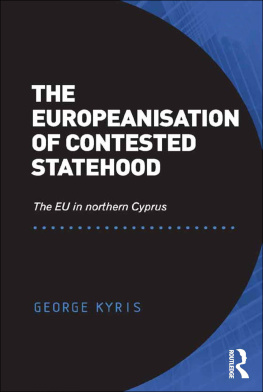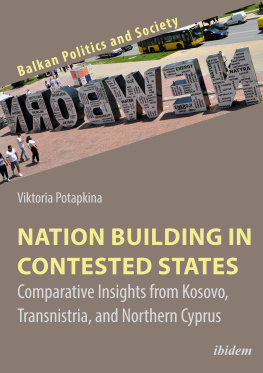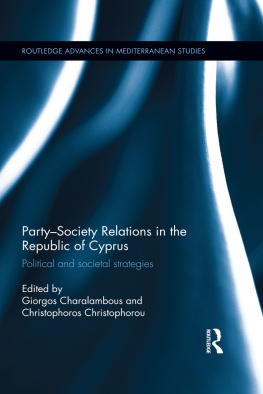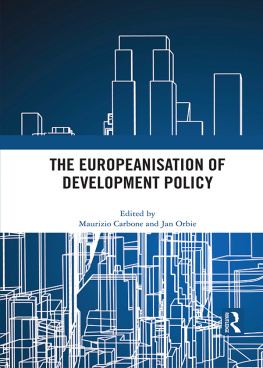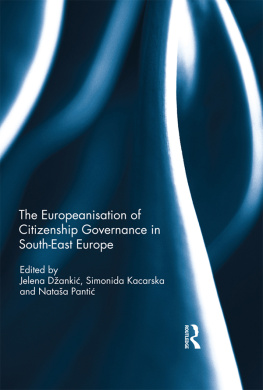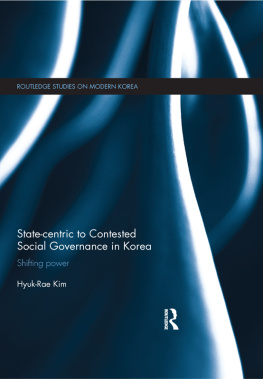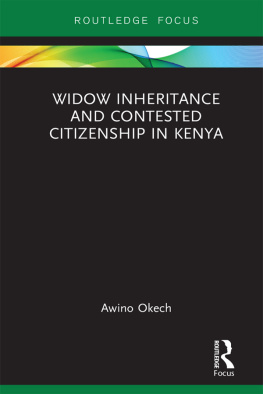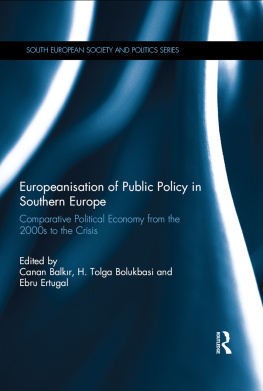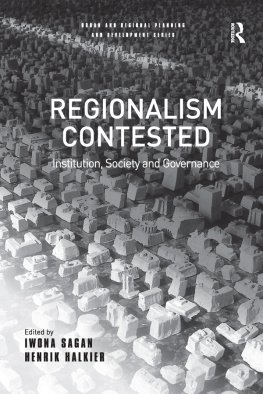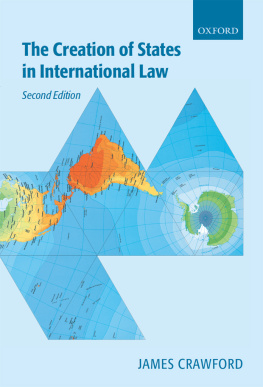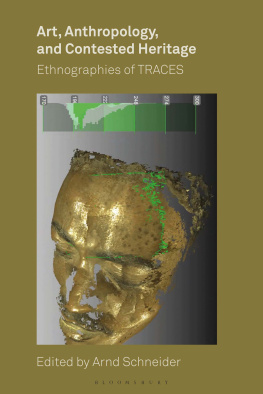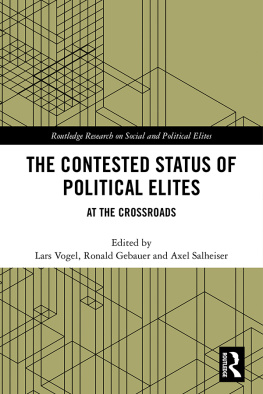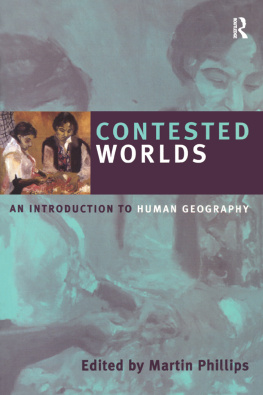First published 2015 by Ashgate Publishing
Published 2016 by Routledge
2 Park Square, Milton Park, Abingdon, Oxon OX14 4RN
711 Third Avenue, New York, NY 10017, USA
Routledge is an imprint of the Taylor & Francis Group, an informa business
Copyright George Kyris 2015
George Kyris has asserted his right under the Copyright, Designs and Patents Act, 1988, to be identified as the author of this work.
All rights reserved. No part of this book may be reprinted or reproduced or utilised in any form or by any electronic, mechanical, or other means, now known or hereafter invented, including photocopying and recording, or in any information storage or retrieval system, without permission in writing from the publishers.
Notice:
Product or corporate names may be trademarks or registered trademarks, and are used only for identification and explanation without intent to infringe.
British Library Cataloguing in Publication Data
A catalogue record for this book is available from the British Library
The Library of Congress has cataloged the printed edition as follows:
Kyris, George.
The Europeanisation of contested statehood : the EU in northern Cyprus / by George Kyris.
pages cm
Includes bibliographical references and index.
ISBN 978-1-4724-2159-3 (hardback) ISBN 978-1-3155-5847-9 (ebook) ISBN 978-1-3170-3273-1 (epub) 1. European Union Cyprus. 2. Turks Cyprus Politics and government. 3. Cyprus, Northern Politics and government. 4. Cyprus International status. 5. Cyprus History Cyprus Crisis, 1974- I. Title. II. Title: Europeanization of contested statehood.
D1065.C94K97 2015
341.242'2095693 dc23
2014037396
ISBN 9781472421593 (hbk)
ISBN 9781315558479 (ebk-PDF)
ISBN 9781317032731 (ebk-ePUB)
Preface
This is a book about the EU and some of its most politically challenging partners so far: self-declared states which are not recognised internationally. The aim here is to improve our understanding about a topic which remains relatively under-researched, despite the growing importance of unrecognised states for European and international politics. It is indeed a fascinating coincidence that the unrecognised state closer to the EU is the one in the northern part of Cyprus, an island close to me, in more ways than one.
For 12 consecutive years, every day, the map of Cyprus confronted me, carefully attached at the bottom left corner of the map of Greece, hanging on the wall of my classroom in Athens. Yet, it was not until my university years and the teaching of Professor Alexis Heraclides that I became interested in the politics of Cyprus and, I guess, it was also a wish to look at the other side of things which shifted my attention to the northern part of the island in specific. So, here it is, why someone from Greece ended up writing about Cyprus and, even more so, the Turkish Cypriots.
In a way, this book represents the completion of a long journey, which began in the Old Building of the Politics department of the University of Manchester.
After that and with the generous support of the IKY scholarship foundation, my research ideas grew and travelled many places and I can only be grateful for those who commented on my work and, one way or another, made it better. I am particularly thankful for those in Brussels and Nicosia who sat in front of my notebook and voice recorder.
During this journey, I had the luck to have been part of various stimulating academic environments, which informed my work in many ways. The following pages especially reflect my time at the University of Manchester, the Hellenic Observatory at the London School of Economics and Political Science, the University of Warwick and discussions with my brilliant students.
Writing this book was the last stop of this journey and I am thankful for the insightful comments of Fadil Erszer, Zenonas Tziarras, Dr Jan Asmussen, Dr George Christou, Dr James Ker-Lindsay, Dr Nikos Skoutaris and Professor Ahmet Szen. Dr Tomas Maltby, Dr Stuart Shields, Professor Martin Burch, Professor Peter Humphreys and Professor Neill Nugent also helped me improve earlier versions of this book.
Above all, I am grateful for the support of Professor Dimitris Papadimitriou, who began this journey with me as my mentor to finally become also a very good friend.
Friends! What would this journey have been like without them by my side? I have many to thank, but above all, Petros, Terpsi, Dora, Vasilis and Veatriki.
Finally, this book is dedicated to my family: my father Costas, ; my brother Alexis, who at last showed me how wonderful it is to be an open book; my brother Stavros and his wife Zara and the latest chapter which they opened in my familys story with their beautiful daughter, my niece, Xenia; Chris, who, perhaps accidentally, made me read between the most fascinating lines of myself; and, finally, my mother Maria, who wrote a book too and whom I miss a lot.
Birmingham, spring 2015.
A Note on Language
Similarly to their place in international relations, works on unrecognised states are often contested in terms of their language. As with many studies on the topic, this book, like international law, sees the (Greek Cypriot-led) government of the Republic of Cyprus as the only recognised administration on the island. In this regard, when using terms like government or state of Cyprus this book refers to the Republic of Cyprus, as the only internationally recognised government of the country. Equally, the TRNC is always discussed as a self-declared state in northern Cyprus, which is not internationally recognised as such. Some works on unrecognised states tend to use specific terms in order to underline the legal standing of those entities in the international system for example, many works on Cyprus use words like pseudo or so-called every time they refer to an institution of the unrecognised TRNC. For the sake of economy and clarity, this book has not followed this route and refers to contested institutions and actors of the self-declared TRNC or other unrecognised states by their state name and description: for example, Turkish Cypriot government, president and so on this should not be interpreted as statement on the political or legal standing of those actors and institutions of unrecognised states, which is not a concern of this study.

